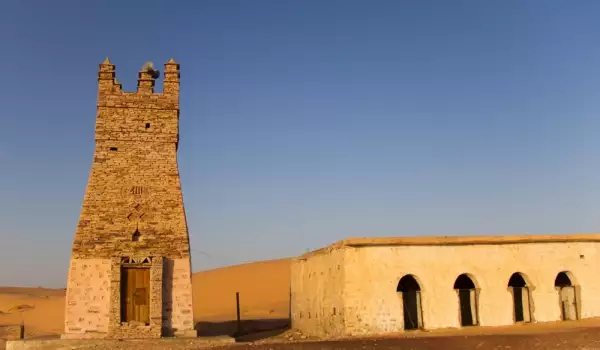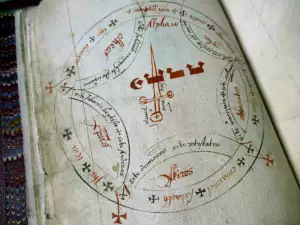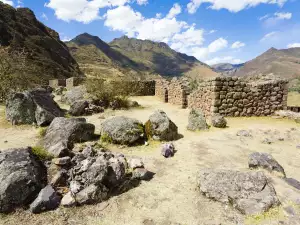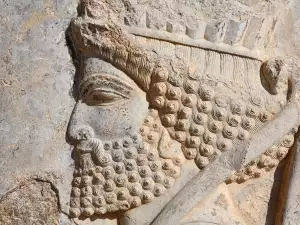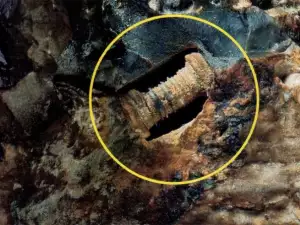The ancient city of Chinguetti is surrounded by the sands of the Sahara and even though it was founded nearly 12 centuries ago, it has managed to maintain its specific appearance and is currently inhabited by a population of several thousand.
The houses are built out of clay, stone and red brick. The roofs are flat, consisting of wooden panels and palms, built the way the inhabitants of Mauritania did centuries ago.
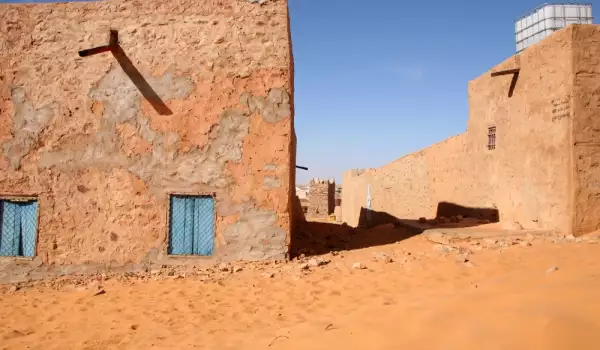
Small windows open up from the stony walls, with doors handcrafted from massive acacia trees that are no longer possible to find in the region.
The greater part of these houses have been abandoned, with their owners now living in more developed parts of Mauritania. There are only several thousands people remaining in Chinguetti.
Even though the city is slowly disappearing beneath the sands, the remaining families refuse to leave, saying that the ancient city holds priceless treasures - some of the most ancient Islamic manuscripts.
As Chinguetti was an important stopping point for those crossing the Sahara in the past, it became host to a collection of manuscripts. Travelers saw Chinguetti as an oasis, where they could take a well-deserved rest.
The city was also a hub for pilgrims on their way to Mecca. Thousands passed through it to exchange religious and scientific ideas, once making the desert city a thriving destination.
For centuries, the people of West Africa journeyed to Chinguetti to discuss religion, law, astronomy, mathematics and medicine.
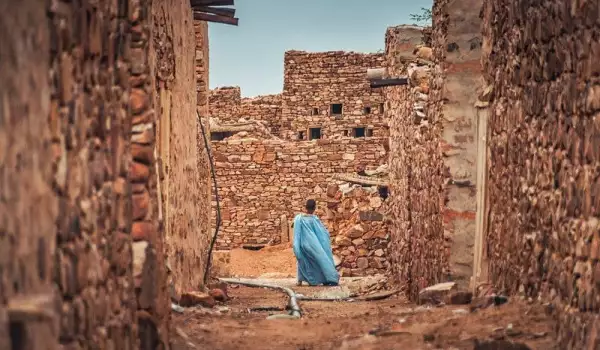
In its heyday, Chinguetti had 30 libraries, which kept manuscripts and ancient books. Today, there are only 5 of these libraries left but the books are still safeguarded and passed on from generation to generation.
Due to the desert climate, some of the manuscripts have been destroyed, while others are in the process of deterioration.
The government of Mauritania has on numerous occasions attempted to take the books for storage in a more suitable location but the families have refused to part with them.
They feel it an issue of family honor to maintain their cultural heritage, which has remained in the same place for centuries.
